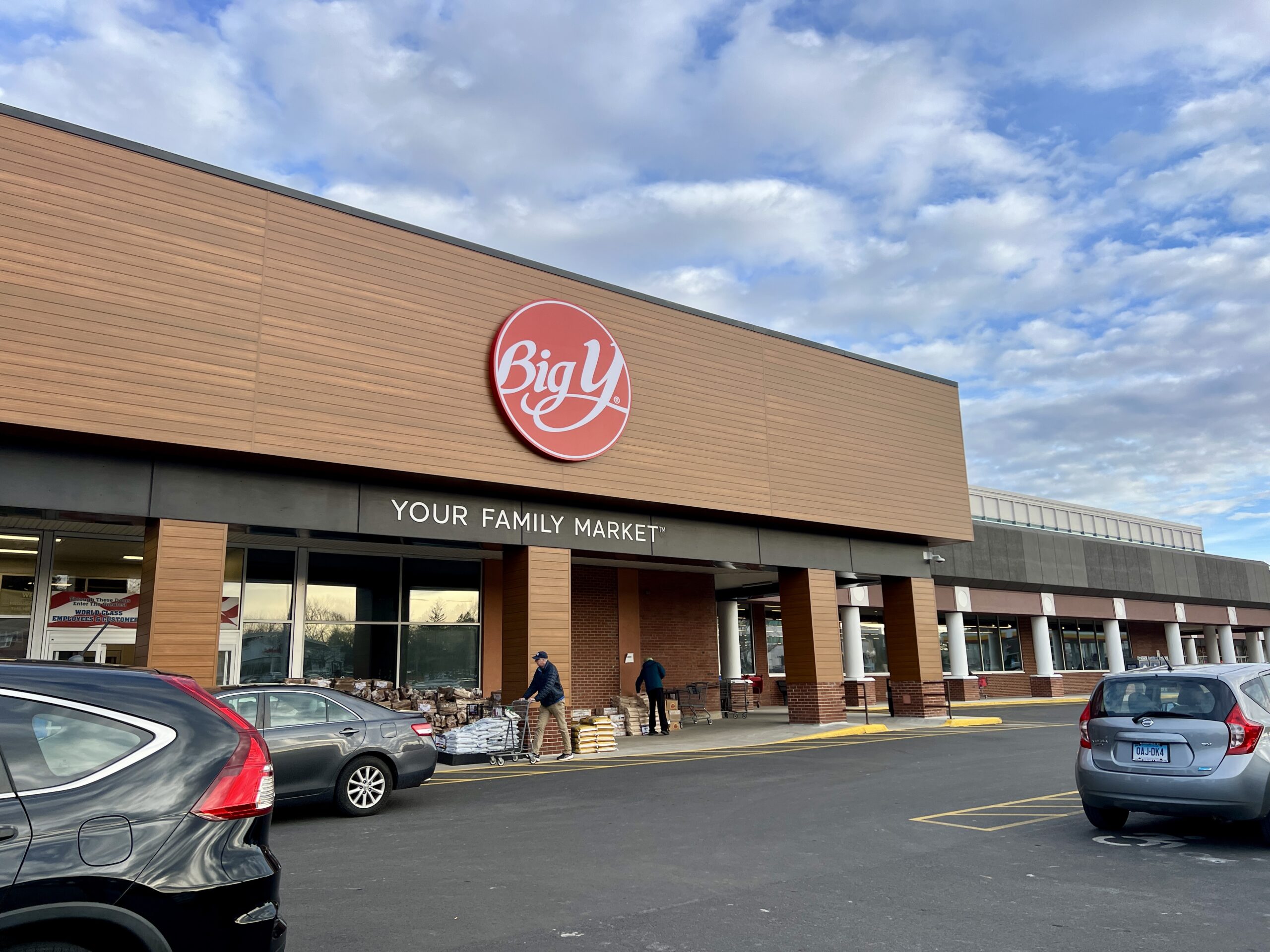Despite Committee Inaction, Tolls and Pension Cost-Sharing Proposals Remain Alive

Audio By Carbonatix

Modern tolls use overhead gantries like this one in Australia. Connecticut Department of Transportation
The General Assembly will adjourn on June 5, but even though measures relating to tolls and teacher pension costs are not ready for vote yet, there is still a chance that they will be considered.
By Keith M. Phaneuf, CTMirror.org
They’re arguably two of the biggest revenue-raising proposals pending before the legislature.
Yet when the Finance, Revenue and Bonding Committee wrapped up its work late Wednesday for the 2019 session, it hadn’t acted either on tolls, or whether to bill municipalities for a portion of skyrocketing teacher pension costs.
Unusual? Yes.
Unheard of? No.
Leaders of the Democrat-controlled committee said late Wednesday that both issues are far from dead as the full General Assembly hits the home stretch before its June 5 adjournment date.
Neither bill was ready for a vote now, and both likely will remain works-in-progress for weeks to come as negotiations continue among legislators and Gov. Ned Lamont’s administration.
“We do still have a month remaining and sometimes issues take more time,” said Rep. Jason Rojas, D-East Hartford, House chairman of the finance panel.
The question of pension cost-sharing has been controversial since Gov. Dannel P. Malloy first proposed it in 2017, Fonfara said.
And if the legislature ever hopes to resolve its long-running dispute over how to finance an overdue rebuild of its transportation infrastructure, he added, the best bet is to bring forward a well-crafted, complete proposal.
“The public deserves to know what it would cost, not only to keep our infrastructure system on a steady course and run it as efficiently as possible, but also to to make the major infrastructure improvements that we need,” he said.
The legislature’s 23 committees have staggered deadlines to act on the various bills they’ve raised. The first committee deadlines came in mid-March and the last two – for the Finance and Appropriations committees – arrive at the end of this week.
But modifications to bills – and even new concepts entirely – continue to be developed after those deadlines. This is especially true when it comes to fiscal matters.
The Appropriations Committee did not adopt a spending plan before its deadline in the spring of 2017. Plunging state revenues and narrow margins between Democratic and Republican members in the House and Senate led to a record-setting budget debate that dragged on for 10 months.
And just like the budget then, there’s a lot at stake with the issues hanging in limbo now.
Towns: Bills for teacher pension costs would grow
When it comes to contributions to the teachers’ pension system, the question being asked is whether towns should share responsibility for the fastest-growing expense in state government.
Between 1939 and 2010, Connecticut massively under-funded its pensions for teachers.
Connecticut’s punishment for these fiscal sins, according to a 2015 study by the Center for Retirement Research at Boston College, is a harsh one: the state’s annual payments would grow from just over $1 billion at that time to more than $6 billion by 2032.
And while some argued those forecasts were too gloomy, more optimistic projections — which rely on Connecticut achieving healthy returns on pension investments — still have the annual payments tripling in a decade-and-a-half.
The projected cost next fiscal year is $1.39 billion, but Lamont wants lawmakers to reduce it by refinancing the payment schedule. Contributions still would grow over the next 13 years, but not as much as originally planned. The downside? Taxpayers after 2033 would have to make up that difference, plus interest.
The governor has also proposed billing municipalities annually for a share, beginning with $73 million over the next two fiscal years combined.
This represents only a fraction of the overall cost, but municipal leaders say they fear it’s only the start of a larger trend.
“We know the issues the state is facing and the fear among small towns is that the local share would go up year after year,” said Betsy Gara, executive director of the Connecticut Council of Small Towns.
The Connecticut Council of Municipalities called it “the largest unfunded state mandate in recent memory.”
And both groups have said legislators shouldn’t even consider cost-sharing until they reform binding arbitration to allow communities to better control teachers’ salaries – since salaries play a key role in determining the value of retirees’ pensions.
Still, the state is facing major projected deficits in future fiscal years, a trend driven largely by its pension debt.
House Speaker Joe Aresimowicz, D-Berlin, said last week he would consider modest cost-sharing with cities and towns simply because Connecticut has few options to deal with this expense.
Lamont expected to release more details on tolling plan
Lamont says Connecticut really has only one option to finance a long-term rebuild of its aging, overcrowded transportation system – and that’s tolls.
But the governor still is working to build support among his fellow Democrats in the House and Senate for this option.
Finance committee members and others said they expect the administration to revise its plan for electronic tolling over the next few weeks.
In the meantime, the committee passed a bill to establish a new transportation planning commission charged with creating a 30-year vision for Connecticut’s highways, bridges, rail lines and airports.
The group also would be charged with exploring the best ways to pay for such a rebuild.
Some legislators have said this bill could be amended in the future to include an electronic tolling plan. But for now it is simply a planning measure.
Though a majority of Republicans on the finance panel voted for this bill, GOP lawmakers – on the committee and off of it – remain almost unanimous in their opposition to tolls.
As a courtesy gesture, the Democrat-controlled finance committee also adopted a bill to implement the Republican alternative to tolls, a measure dubbed “Prioritize Progress.”
Under that plan, the state would immediately reassign about $600 million in annual borrowing currently dedicated to non-transportation programs to highway, bridge and rail work.
Between now and 2024 – the year Lamont projects toll revenues would become available – the GOP plan would invest $2.4 billion more in transportation than the Democratic governor’s plan.
Lamont is expected to release details in the coming weeks about how he would beef up transportation investment in the intervening years before toll revenues become available.
Melissa McCaw, Lamont’s budget chief, has said the Special Transportation Fund – which pays off the principal and interest on state borrowing – is headed for insolvency by 2025, absent more revenue, even under the Republican proposal.
Reprinted with permission of The Connecticut Mirror. The author can be reached at [email protected].
Like what you see here? Click here to subscribe to We-Ha’s newsletter so you’ll always be in the know about what’s happening in West Hartford!



